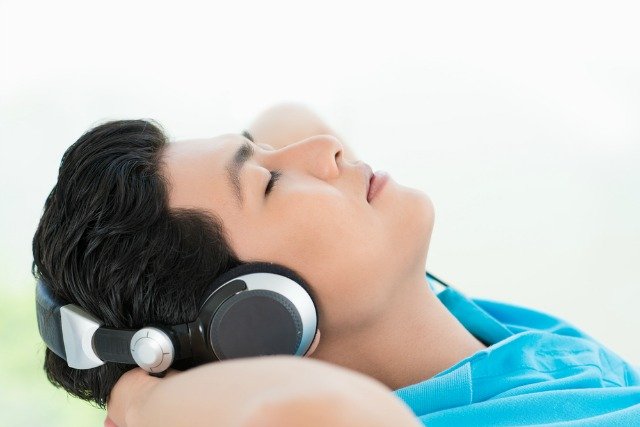
For many of us, music is an essential part of our life. Music has different kinds of impacts on different people. For some, it is an escape from their surroundings, and for others, it is a mood booster and source of entertainment. So we all respond to the music differently, but it has been seen that music has always been helpful in bringing peace and tranquility.
Research has proved many benefits of music therapy for various mental health conditions, including anxiety, stress, and depression. Researchers say that music acts as a medium to process emotions, trauma, and grief. Along with this, music can also act as a calming agent for anxiety or mood dysregulation.
Music Therapy:
Now you would be most probably thinking that what music therapy is. Music therapy is one of the therapeutical ways to deal with many mental health conditions. This therapy consists of sessions where the therapist would incorporate many elements: making music, writing songs, or listening to music. Music therapists who are dealing have a wide range of clinical skills, including communication, cognitive neuroscience, psychological disorders, and chronic illness and pain management.
Therapist Session:
Your music therapist will start the session by first asking you about your goals that why you want to take this therapy. For instance, if you are suffering from depression and feel down most of the time, you may hope to use music to uplift your mood naturally. Similarly, you may want to soothe the other symptoms of depression like anxiety, insomnia, or trouble focusing through music therapy.
After discussing your goals regarding music therapy, your therapist will set some goals for you and will start the session after that. The music therapy sessions are usually not very long; depending on the nature of your problem and goals, the session may last from thirty minutes up to one hour. You can have these sessions once a week, or you can work with a music therapist on a more casual "as-needed" basis. These sessions are often one-to-one, but you can also participate in group sessions if they are available. To make these sessions effective and retain their essence, they usually take place in a calm and peaceful environment free from outside distractions.
Emotions:
There would be various techniques that your therapist would apply to process your emotions and to give them a channel. For instance, if you are angry, you might play or sing loud, fast, and dissonant chords. Another very effective technique to process the emotions of a patient is Lyric analysis. In this technique, the person receiving the music therapy is offered to share insights, alternative lyrics, and tangible tools or themes from lyrics that can apply to obstacles in their lives and treatment. The lyric analysis technique allows the person to identify song lyrics that may correlate with their experience. This identification would also help the therapist understand the individual's problem and how to deal with it effectively.
Song Writing:
Songwriting is also one of the techniques used in music therapy. It provides opportunities for people to express themselves in a positive and rewarding way. In this technique, individuals are given the freedom to create lyrics that reflect their r thoughts and experiences and choose the instruments and sounds that best reflect the emotion behind the lyrics. This would help the individual process his/her emotions positively, but it would also aid in building self-worth that how beautiful and genius lyrics they can create through their emotions and feelings.
Instruments:
Playing instruments can also help to express your feelings or emotions. From randomly beating a drum to composing a song can help you a lot to say what you feel. Music also helps you not to feel lonely or isolated either by sharing playlists with your friends or meeting new, like-minded people at your favorite band's next gig; music connects people.
Depression and Music:
As per researchers, music therapy has been most beneficial to people with depression when combined with treatments including anti-depressants. Similarly, it can be combined with cognitive-behavioral therapy to treat depression. Music therapy has also been proved helpful in treating insomnia. Certain techniques like music-assisted relaxation therapy have been shown to benefit people with sleep difficulties by creating a relaxing "pre-sleep" state. Moreover, the research showed that music therapy can also be use as a non-pharmacological for insomnia in hospitalized patients. Music therapy can be a promising strategy for acute pain management in all age groups. Research has shown that listening to music when healing from surgery or an injury can help cope with pain.
Music Therapy & Health:
No doubt music therapy has been beneficial in dealing with different health conditions, either mentally or physically, but some limitations are associated with it. Music therapy alone can not prove very beneficial if not combined with medical treatment, including medication and surgeries. So if you are thinking of taking music therapy first consult with your doctor about how useful it would be for you.